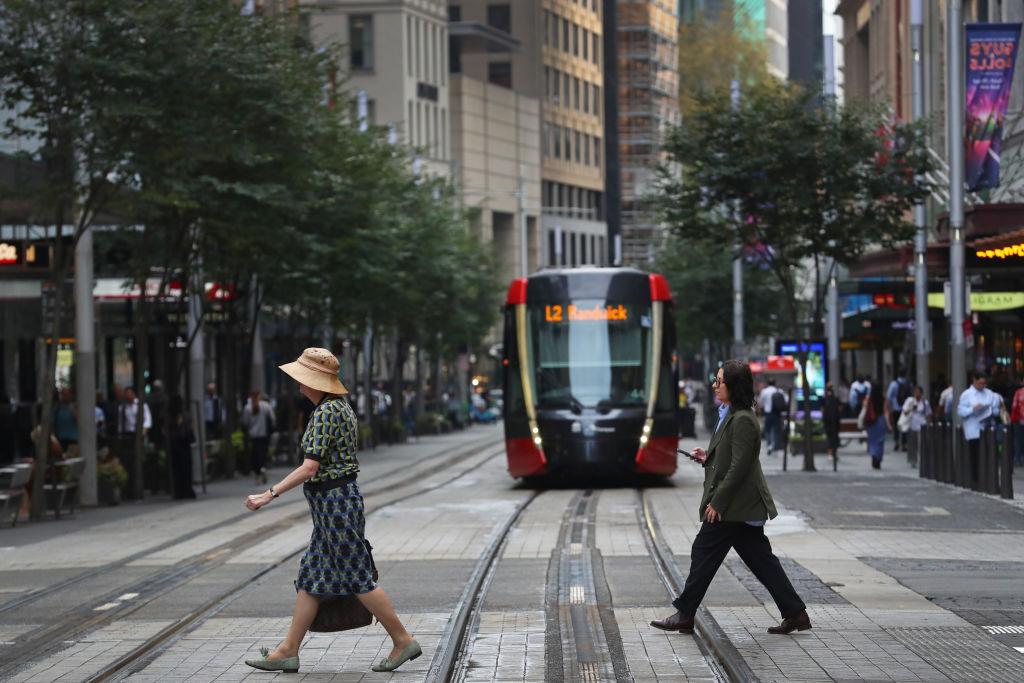The implementation of a proposed levy on international higher and vocational education student fee income would lead to a decline in the sector and reduce the size of the Australian workforce, economic modelling (pdf) from Victoria University’s Centre of Policy Studies (CoPS) has showed.
CoPS researchers Xianglong Locky Liu, James Giesecke, and Jason Nassios said in the study that a five percent international student levy on higher education would raise the foreign currency price of export education by about two percent.




